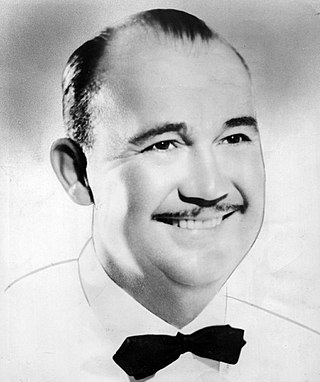
Known For: American jazz musician and popular bandleader (1890–1967)
Category: Directors
Occupation: conductor, bandleader, jazz musician, composer, radio personality
Country: United States of America
City: Denver
Date of Birth: Friday, 28 March 1890
Died: 1967-12-29 00:00:00 in Q1010232
Paul Samuel Whiteman was an American bandleader, composer, orchestral director, and violinist.
| BirthPlace | Denver |
| Education | Q5328588 |
| Awards | Q17985761 |
| Spouses | Margaret Livingston, Vanda Hoff |
| Wikipedia | Paul_Whiteman |
Whiteman was born in Denver, Colorado. He came from a musical family: his father, Wilburforce James Whiteman was the supervisor of music for the Denver Public Schools, a position he held for fifty years, and his mother Elfrida (née Dallison) was a former opera singer. His father insisted that Paul learn an instrument, preferably the violin, but the young man chose the viola. Whiteman was Protestant and of Scottish, Irish, English, and Dutch ancestry. Whiteman's skill at the viola resulted in a place in the Denver Symphony Orchestra by 1907, joining the San Francisco Symphony in 1914. In 1918, Whiteman conducted a 12-piece U.S. Navy band, the Mare Island Naval Training Camp Symphony Orchestra (NTCSO). After World War I, he formed the Paul Whiteman Orchestra. That year he led a popular dance band in the city. In 1920, he moved with his band to New York City where they began recording for the Victor Talking Machine Company. The popularity of these records led to national fame. In his first five recordings sessions for Victor, August 9 – October 28, 1920, he used the name "Paul Whiteman and His Ambassador Orchestra", presumably because he had been playing at the Ambassador Hotel in Atlantic City. From November 3, 1920, he started using "Paul Whiteman and His Orchestra." Whiteman became the most popular band director of that decade. In a time when most dance bands consisted of six to ten men, Whiteman directed a more imposing group that numbered as many as 35 musicians. By 1922, Whiteman already controlled some 28 ensembles on the East Coast and was earning over $1,000,000 a year. In 1926, Paul Whiteman was on tour in Vienna, Austria when he met and was interviewed by a young ambitious newspaper reporter named Billy Wilder who was also a fan of Whiteman's band. Whiteman liked young Wilder enough, that he took him with the band to Berlin where Wilder was able to make more connections in the entertainment field, leading him to become a screenwriter and director, eventually ending up in Hollywood. In 1927, the Whiteman orchestra backed Hoagy Carmichael singing and playing on a recording of "Washboard Blues". Whiteman signed with Columbia Records in May 1928, leaving the label in September 1930 when he refused a pay cut. He returned to RCA Victor between September 1931 and March 1937.